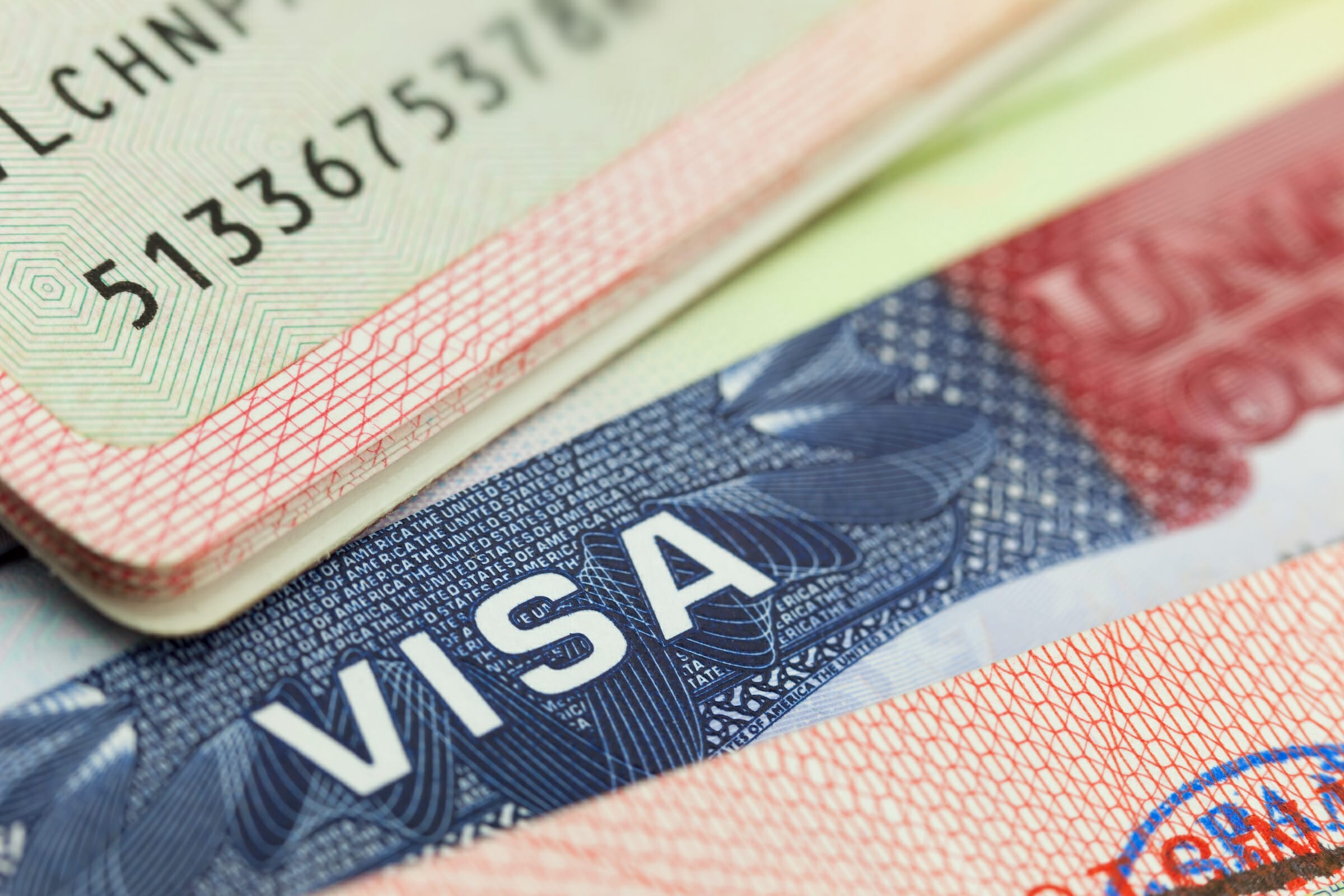Mergers & Acquisitions in Thailand. Mergers and acquisitions (M&A) activity in Thailand has witnessed significant growth in recent years, reflecting the country’s robust economic landscape and increasing global interest in its business sector. As businesses seek to expand their market presence, diversify their offerings, or achieve operational synergies, M&A transactions have become a strategic tool to drive growth and enhance competitiveness. In this article, we’ll delve into the world of mergers and acquisitions in Thailand, exploring the key considerations, regulatory framework, and steps involved in executing successful M&A deals.
Understanding Mergers and Acquisitions
Mergers and acquisitions refer to the consolidation of companies or assets through various types of transactions, such as mergers, acquisitions, joint ventures, or strategic alliances. In Thailand, M&A activities are governed by the Civil and Commercial Code, Securities and Exchange Act, and other relevant laws and regulations designed to ensure fair competition, protect investors, and safeguard the interests of stakeholders.
Types of M&A Structures
While mergers are a relatively new concept in Thailand, with the amendment to the Civil and Commercial Code in February 2023, acquisitions of shares or assets remain the more prevalent structures. Here’s a breakdown of the options:
- Share Acquisition: This involves acquiring a controlling stake in a target company, allowing the acquirer to influence its operations.
- Asset Acquisition: Here, the acquirer purchases specific assets of the target company, such as property, equipment, or intellectual property.
- Merger: Two companies combine to form a single entity, either through an absorption (one company survives) or a consolidation (an entirely new company is formed).
- Amalgamation: Similar to a merger, but the resulting entity inherits all rights and obligations of the amalgamating companies, which cease to exist.
Regulatory Framework
M&A transactions in Thailand are subject to various regulations, including:
- Trade Competition Act: This Act ensures fair competition by regulating mergers and acquisitions that could potentially create monopolies. The Trade Competition Commission reviews transactions exceeding certain thresholds to assess their impact on competition.
- Foreign Business Act: This Act restricts foreign ownership in certain sectors. Businesses planning cross-border M&A deals should ensure compliance with these restrictions.
- Company Act: This Act outlines the legal framework for mergers, amalgamations, and other corporate restructuring activities.
Key Considerations in M&A Transactions:
- Due Diligence: Conducting comprehensive due diligence is crucial to assess the financial, legal, and operational aspects of the target company. This involves reviewing financial statements, contracts, intellectual property rights, and compliance with laws and regulations.
- Valuation: Determining the fair value of the target company is essential to negotiate the purchase price and structure the deal effectively. Various valuation methods, such as discounted cash flow analysis, comparable company analysis, and asset-based valuation, can be used to assess the company’s worth.
- Regulatory Approvals: Obtaining regulatory approvals from relevant authorities, such as the Department of Business Development, Securities and Exchange Commission, and Office of the Trade Competition Commission, is a critical step in completing M&A transactions in Thailand.
- Negotiation and Structuring: Effective negotiation and structuring of the deal terms, including payment methods, warranties, indemnities, and post-acquisition integration, are essential to align the interests of both parties and ensure a smooth transition.
Challenges and Opportunities
While M&A transactions offer numerous benefits, such as economies of scale, market expansion, and increased competitiveness, they also present various challenges, including cultural differences, regulatory complexities, and integration risks. However, with careful planning, diligent execution, and expert guidance from legal and financial advisors, companies can navigate these challenges and unlock significant value from their M&A endeavors in Thailand’s dynamic business environment.
Seeking Professional Help
Given the complexities involved, seeking guidance from experienced legal and financial professionals is highly advisable for businesses undertaking M&A transactions in Thailand. These professionals can help navigate the regulatory environment, structure the deal effectively, and ensure a smooth and successful transaction.
By understanding the different M&A structures, the relevant regulations, and the importance of seeking professional help, companies can approach mergers and acquisitions in Thailand with greater confidence and navigate the process strategically.






